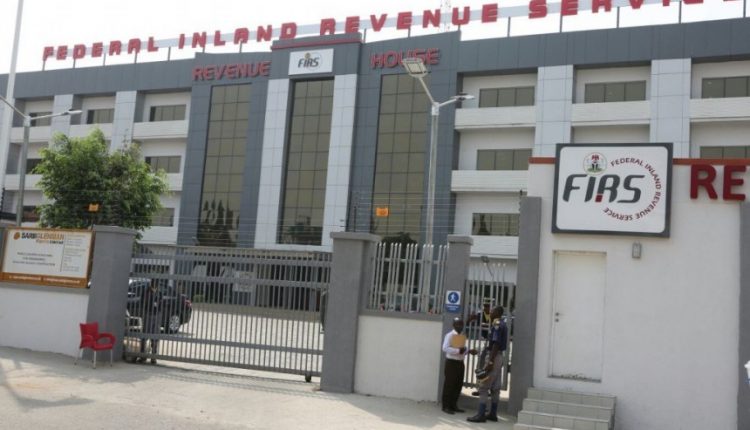The Supreme Court of Nigeria has reserved judgment in a suit challenging the legality of the Economic and Financial Crimes Commission (EFCC).
The seven-member panel of justices, led by Justice Uwani Abba-Aji, deferred judgment to a date that will be communicated to the parties after hearing arguments on Tuesday.
The case, marked SC/CV/178/2023, was initially brought by the Kogi State Government and later joined by 18 other states contesting the constitutionality of the EFCC’s establishment.
The original plaintiffs included Kogi, Kebbi, Katsina, Sokoto, Jigawa, Enugu, Oyo, Benue, Anambra, Plateau, Cross River, Ondo, Niger, Edo, Bauchi, Adamawa, Taraba, Ebonyi, and Imo states. However, Anambra, Adamawa, and Ebonyi have since withdrawn from the case.
Abdulwahab Mohammed, the Attorney General of Kogi State, argued that there is no explicit provision in the Nigerian Constitution for the creation of the EFCC, claiming that the anti-graft body stemmed from a recommendation of a United Nations convention.
“We are challenging the them because they are proceeds of a convention and not well founded, not on basis of their action”, he told the court.
“We urge your Lordship to allow this suit and award any cost in favour of the plantiffs on record”, he added.
Lateef Fagbemi, the Attorney-General of the Federation and Minister of Justice contended that the EFCC was not established solely on the recommendation of the UN convention. He referenced Section 15(5) of the 1999 Constitution, which states that “the State shall abolish all corrupt practices and abuse of power,” asserting that this provision provides the legal basis for the EFCC’s existence.
Fagbemi urged the Court to dismiss the application in its entirety. He said that a ruling in favour of the plaintiffs could create the impression that the Supreme Court opposes anti-corruption efforts.
Among the reliefs sought by the plaintiffs is a declaration that the Federal Government of Nigeria, through the Nigerian Financial Intelligence Unit (NFIU) or any federal agency, lacks the authority to issue directives, guidelines, or advisories regarding the administration and management of funds belonging to Kogi State or any of its local government areas.
The plaintiffs also seek a declaration that the EFCC, the NFIU, or any other federal agency has no power to investigate, request documents, invite individuals, or make arrests concerning offences related to the management of funds belonging to Kogi State or its local government areas.
The case comes amid the EFCC’s ongoing efforts to prosecute the immediate-past Governor of Kogi State, Yahaya Bello, over an alleged fraud of ₦110 billion.
Following the conclusion of arguments, the Supreme Court reserved judgment on the matter to date will be announced in due course.

 11 hours ago
6
11 hours ago
6









 English (US) ·
English (US) ·